Black’s Law Dictionary, 1st Edition, page 521-522:
FRAUD. Fraud consists of some deceitful practice or Willful device, resorted to with intent to deprive another of his right, or in some manner to do him an injury. As distinguished from negligence, it is always positive, intentional. Maher v. Hibernia Ins. Co., 67 N. Y. 292 ; Alexander v. Church, 53 Conn. 561, 4 Atl . 103 ; Studer v. Bleistein, 115 N. Y.316,22N.ID.243,7L.R.A.702; Moorev. Crawford, 130 U. S. 122, 9 Sup. Ct. 447, 32 L. Ed. 878; Fechheimer v. Baum (C. C.) 37 Fed. 167; U. S. v. Beach (D. C.) 71 Fed. 160; Gardner v. Heartt, 3 Denio (N. Y.) 232; Monroe, Mercantlle Co. v. Arnold, 108 Ga. 449, 34 S. E. 76.
Fraud, as applied to contracts is the cause of an error bearing on material part of the contract, created or continued by artifice, with deisgn to obtain some unjust advantage to the one party, or to cause an inconvenience or loss to the other. Civil Code La. art. 1847.
Fraud, in the sense of court of equity, properly includes all acts, omissions, and concealments which involved a breach of legal or equitable duty, trust, or confidence justly reposed, and are injurious to another, or by which an undue and unconscientious advantage is taken of another. 1 Story, Eq. Jur. § 187.
Synonyms. the term “fraud” is sometimes used as synonymous with “covin,” “collusion,” or “deceit.” But distinctions are properly taken in the meanings of these words, for which reference may be had to the titles COVIN; COLLUSION; DECEIT.
Classification. Fraud is either actual or constructive. Actual fraud consists in deceit, artifice, trick, design, some direct and active operation of the mind; in includes cases of intentional and successful employment of any cunning, deception, or artifice used to circumvent or cheat another; it is something said, done, or omitted by a person with the design of perpetrating what he knows to be a cheat or deception. Constructive fraud consists in any act of commission or omission contrary to legal or equitable duty, trust, or confidence justly reposed, which is contrary to good conscience and operates to the injury of another. Or, as otherwise defined, it is an act, statement or omission which operates as a virtual fraud on an individual, or which if generally permitted would be prejudicial to the public welfare, and yet may have been unconnected with any selfish or evil design. Or according to Story, constructive frauds are such acts or contracts as, though not originating in any actual evil design or contrivance to perpetrate a positive fraud or injury upon other persons, are not yet, by their tendency to deceive or mislead other persons, or to violate private or public interests, deemed equally reprehensible with actual fraud. 1 Story, Eq. Jur. § 258, And see generally, Code Ga. 1882 § 3173; People v. Kelly, 35 Barb. (N. Y.) 457; Hacjson v. jackson, 47 Ga. 99; Hatch v. Barrett, 34 Kan. 223, 8 Pac. 129; Forker v. Brown, 10 Misc. Rep. 161, 30 N. Y. Supp. 827 Massachusetts Ben. L. Ass’n v. Robinson, 104 Ga. 256, 30 S. E. 918, 42 L. R. N. E. 51; Newell v. Wagness, 1 N. D. 62, 44 N. W. 1014; Carty v. Connolly, 91 Cal. 15, 27 pac. 599.
Fraud is also classified as fraud in fact and fraud in law. The former is actual, positive, intentional fraud. Fraud disclosed by matter of fact, as distinguished from constructive fraud or fraud in law.McKibbi v. Martin, 64 Pa. 356, 3 Am. Rep. 588; Cook v. Burnham, 3 Kan. App. 27, 44 Pac. 447. Fraud in law is fraud in contemplation of law; fraud implied or inferred by law; fraud made out by construction of law, as distinguished from fraud found by a jury from matter of fact; constructive fraud (q. v.) See 2 Kent, Comm. 512-532; Delaney v. Valentine, 154 N. Y. 692, 49 N.E. 65; Burr v. Clement, 9 Colo. 1, 9 Pac. 633.
Fraud is also said to be legal or positive. The former is fraud made our by legal construction or interference, or the same thing as constructive fraud. Newell v. Wagness, 1 N. D. 62, 44 N. W. 1014. Positive fraud is the same thing as actual fraud. See Douthitt v. Applegate, 33 Kan. 395, 6 Pac. 575, 52 Am. Rep. 533.
Actionable fraud. See ACTIONABLE.--Frauds, statute of. This is the common designation of a very celebrated English statute , (29 Car. II. c. 3,) passed i 167 7, and which has been adopted in a more or less modified form, in nearly all of the United States. its chief characteristic is the provision that no suit or action shall be maintained on certain classes of contracts or engagements unless there shall be a note or memorandum thereof in writing signed by the party to be charged or by his authorized agent. Its object was to close the door to the numerous frauds which were believed to be perpetrated, and the perjuries which were believed to be committed, when such obligations could be enforced upon no other evidence than the mere recollection of witnesses. It is more fully named as hte “statute of frauds and perjuries.” —Pois fraud. A subterfuge or evasion considered morally justifiable on account of the ends sought to be promoted; particularly applied to an evasion or disregard of the laws in the interests or religion or religious institutions, such as circumventing the statutes or mortmain.
Black’s Law Dictionary, 2nd Edition, page 517:
FRAUD. Fraud consists of some deceitful practice or willful device, resorted to with intent to deprive another of his right, or in some manner to do him an injury. As distinguished from negligence, it is always positive, intentional.
Fraud, as applied to contracts is the cause of an error bearing on material part of the contract, created or continued by artifice, with deisgn to obtain some unjust advantage to the one party, or to cause an inconvenience or loss to the other. Civil Code La. art. 1847.
Fraud, in the sense of court of equity, properly includes all acts, omissions, and concealments which involved a breach of legal or equitable duty, trust, or confidence justly reposed, and are injurious to another, or by which an undue and unconscientious advantage is taken of another. 1 Story, Eq. Jur. § 187.
The unlawful appropriation of another’s property, with knowledge, by design and without criminal intent. Bac. Abr.
Fraud may be actual or constructive. Actual fraud consists in any kind of artifice by which another is deceived. Constructive fraud consists in any act of omission or commission contrary to legal or equitable duty, trust or confidence justly reposed, which is contrary to good conscience and operates to the injury of another. The former implies moral guilt; the latter may be consistent with innocence. Coed Ga. 1882 § 3173. Actual fraud is otherwise called “fraud in fact.” Constructive fraud is also called “fraud in law.”
Actual or positive fraud includes cases of intentional and successful employment of any cunning, deception, or artifice, used to circumvent, cheat, to deceive another. 1 Story, Eq. Jur. § 186.
Actual fraud or fraud in fact consists in the intention to precent prevent creditors from recovering their just debts by an act which withdraws the property of a debtor from their reach. Fraud in law consists of acts which, though not fraudulent intended , yet, as their tendency is to defraud creditors if they vest the property of the debtor in his grantee, are void for legal fraud, and fraudulent themselves, the policy of the law making the acts illegal. Actual fraud is always a question for the jury; legal fraud, where the facts are undisputed or are ascertained, is for the court. 64 Pa. St. 356.
The modes of fraud are, infinite, and it has been said that courts of equity have never laid down what shall constitute fraud, or any general rule beyond which they will not go, on the ground of fraud. Fraud is, however, usually divided into two large classes,–actual fraud and constructive fraud. An actual fraud may be defined to be something said, done, or omitted by a person with the design of perpetrating what what he must have known to be positive fraud. Constructive frauds are acts, statements, or omissions which operate as virtual frauds on individual, or which, if generally permitted, would be prejudicial to the publus welfare, and yet may have been unconnected with any selfish or evil design; as, for instance, bonds and agreements entered into as a reward for using influence over another, to induce him to make a will for the benefit of the obligor. For such contracts encourage a spirit of artifice and scheming, and tend to deceive and injure others. Smith, Man. Eq.
Synonyms. the term “fraud” is sometimes used as synonymous with “covin,” “collusion,” or “deceit.” But distinctions are properly taken in the meanings of these words, for which reference may be had to the titles COVIN; COLLUSION; DECEIT.



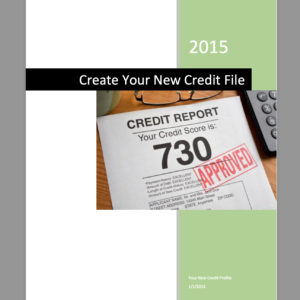
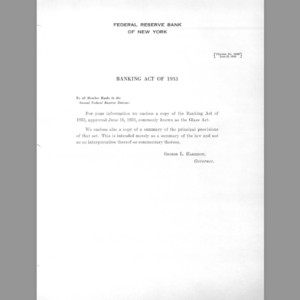
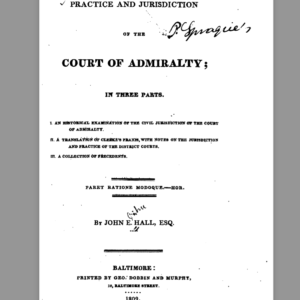
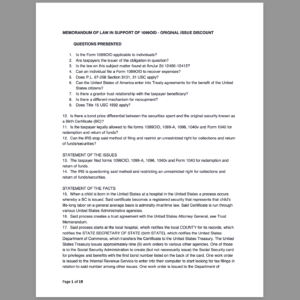
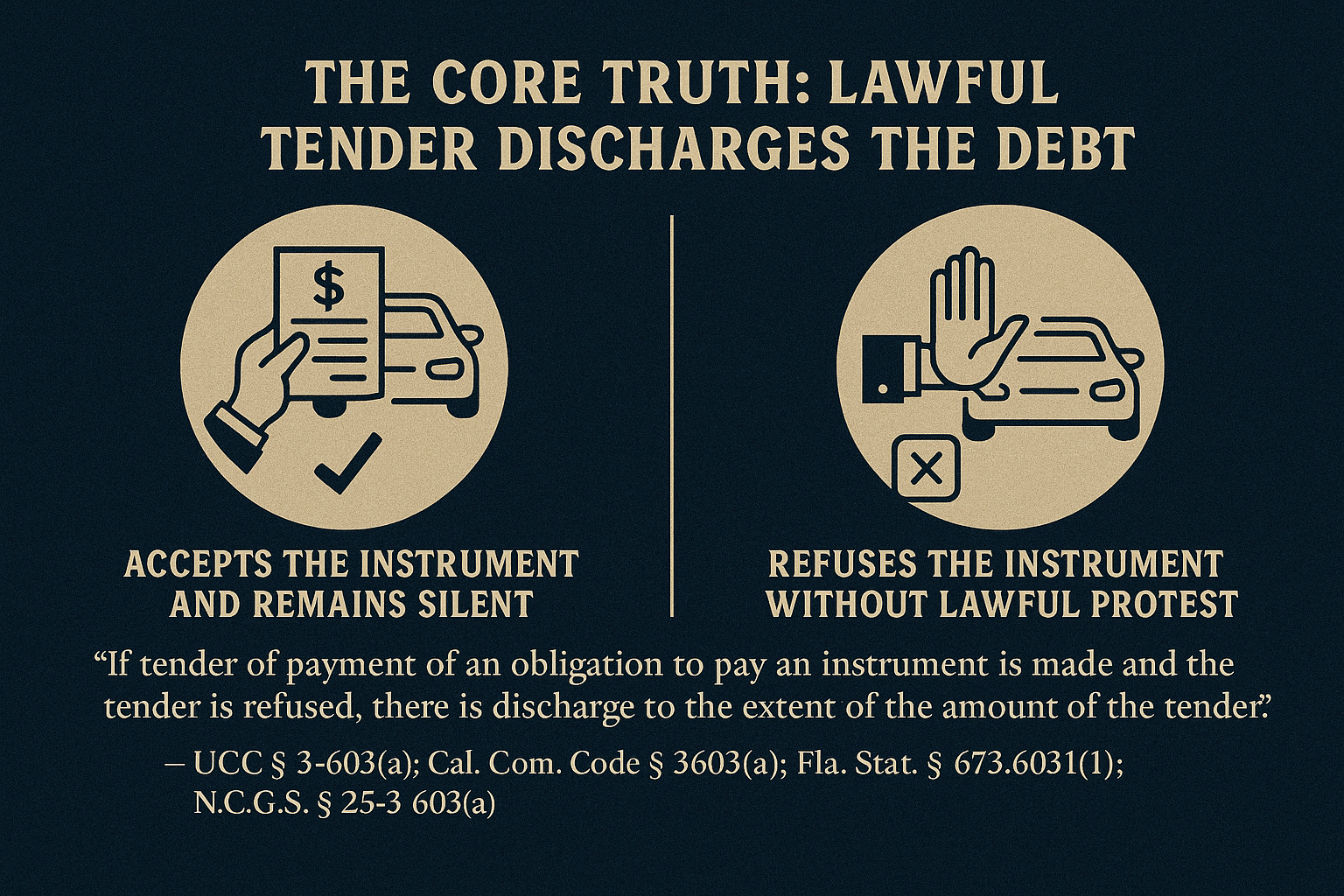
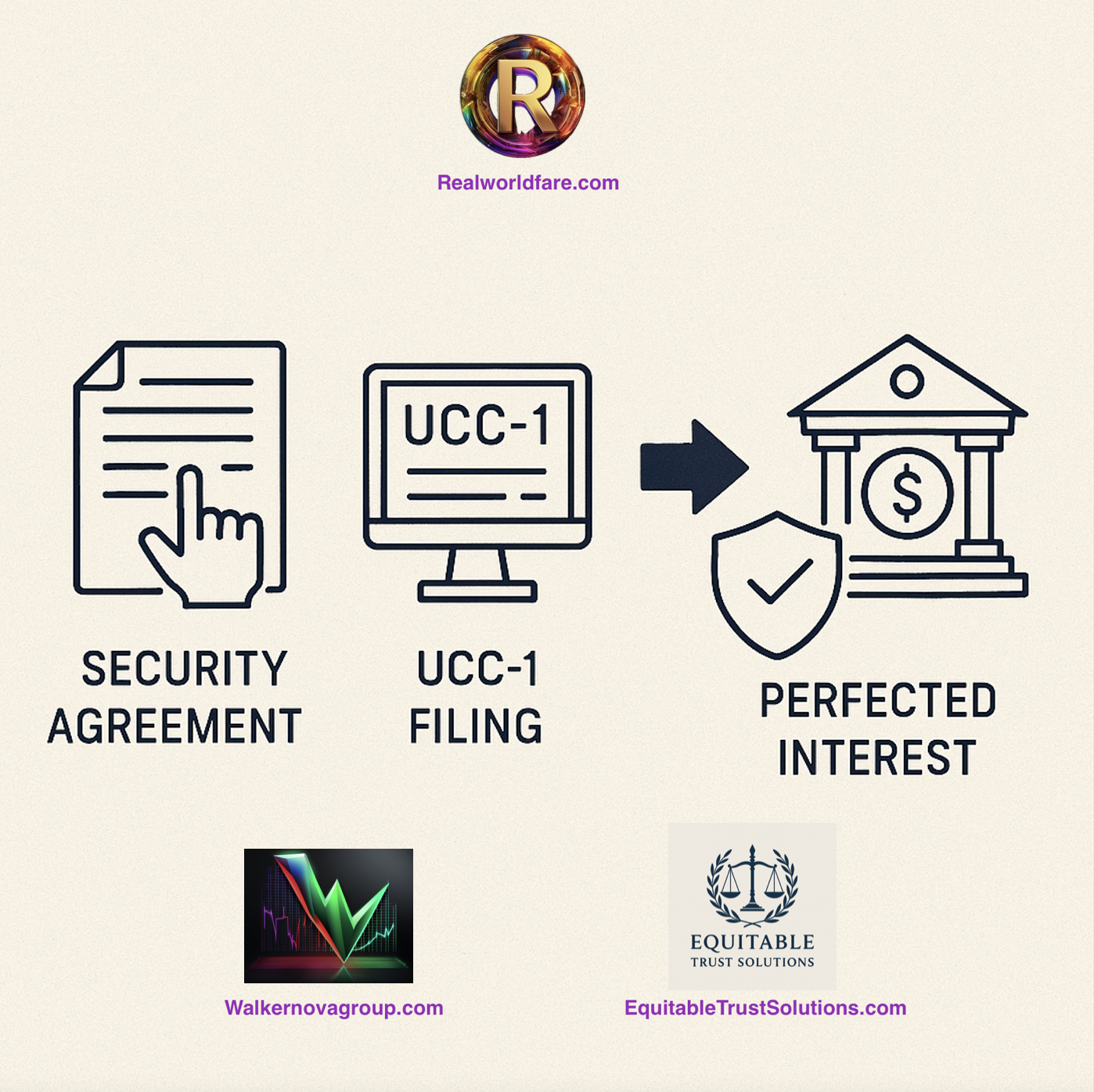
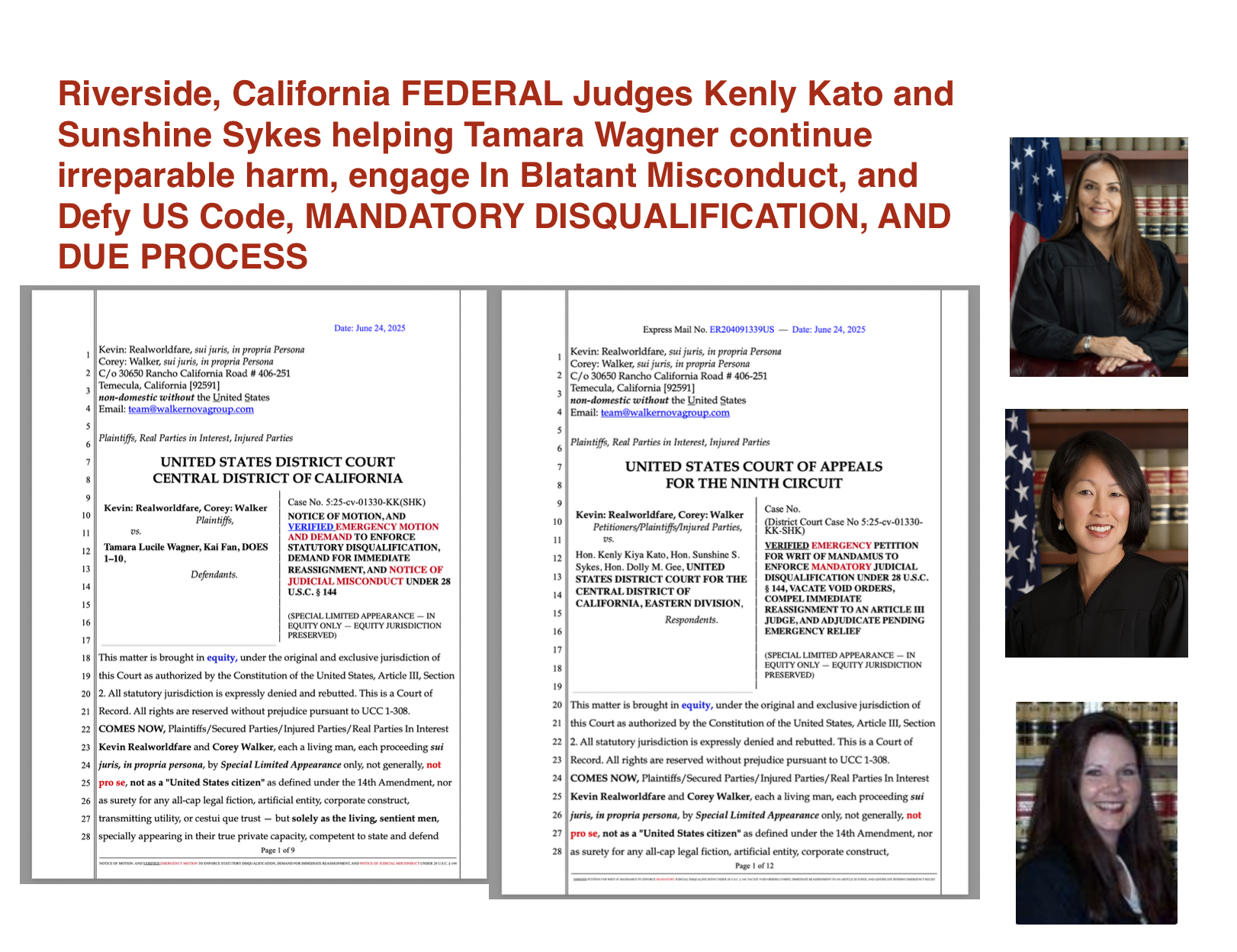
Recent Comments